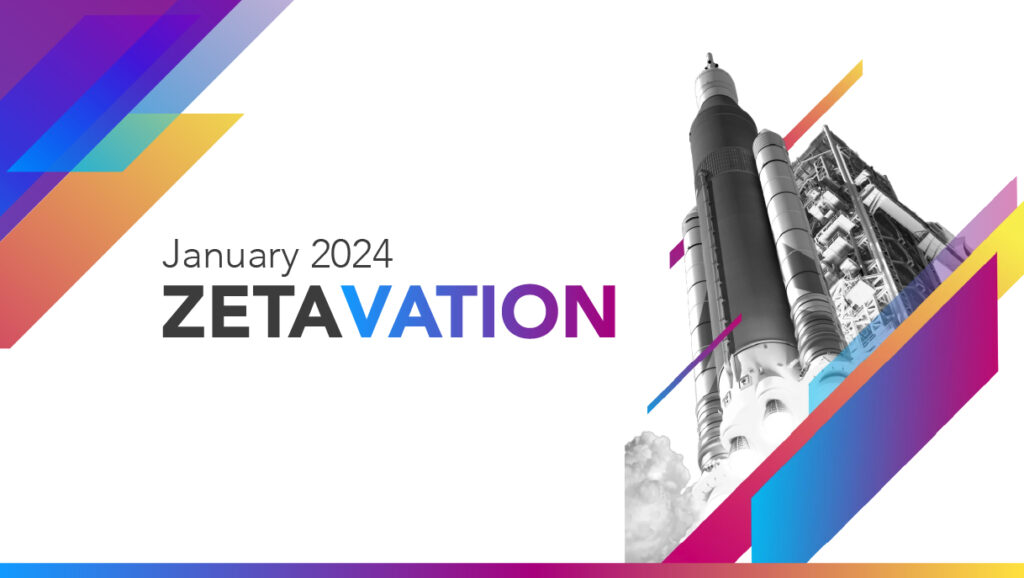
The Impact of AI on Digital Content and Streaming Platforms
How AI Data is Transforming Online Advertising for Streaming Platforms
The union of AI and streaming platforms is fundamentally changing how advertising works. By leveraging AI tools such as predictive analytics and consumer behavior analysis, video streaming services can curate targeted advertisements that align with users’ viewing preferences. This enhances the overall viewing experience and increases the likelihood of user engagement and conversions.
AI-powered behavioral analytics help video streaming platforms monitor how users interact with ads, recognizing patterns and preferences to improve targeted ad placement. With the help of AI data, providers can refine their ad strategies, ensuring ads are served at optimal times for increased viewer engagement and better ad performance.“In streaming, we have the ability to serve ads to specific targets with little or no waste,” shares Jon Steinlauf, Chief US Ad Sales Officer, Warner Bros. Discovery, “and we can identify specific IP addresses and target IP addresses with common behavior or characteristics and a specific frequency and avoid other targets,” resulting in higher conversion rates and improved ROI.
AI’s Impact on Personalization
AI significantly improves the user experience, especially in digital content consumption. Successful AI personalization includes dynamically curating content and offering real-time recommendations based on user interactions and evolving preferences. It also allows streaming platforms to adjust recommendations instantly based on user actions, preferences, and external factors like trends or current events. AI supports natural language processing and sentiment analysis, enhancing understanding of user preferences and intentions. This enables platforms to align content recommendations to users’ specific tastes based on their feedback, reviews, and comments.
AI’s profound capacity to analyze large volumes of data allows platforms to effortlessly identify viewer preferences and provide bespoke recommendations. Ajinkya Joglekar, SVP of Marketing, Dish, describes how AI influences personalization for different goals this way: “For us, the way we think about AI is twofold. One is how do we leverage AI to understand the content that a customer wants to watch, to bring them into the platform. For existing customers, how do we use AI to drive curation? We need to make it stickier by knowing what you watch and like more of.”
Can Privacy Be Preserved While Optimizing AI?
AI’s widespread integration into online advertising and streaming platforms has sparked important conversations surrounding user privacy and data protection. While AI has revolutionized the way businesses target and engage with consumers, there are mounting concerns about the potential implications for user privacy and the heightened risk of data breaches and unauthorized access to sensitive information. As AI algorithms continue to gather and process vast amounts of user data, there is an increasing need for privacy regulations and ethical guidelines. This is essential to protecting user information and ensuring transparency in data handling practices.
Moreover, using AI in targeted advertising and content curation has raised concerns about potentially manipulating user behavior and preferences. In leveraging sophisticated AI algorithms to analyze user data and predict consumer behavior, there is an assumed risk of inadvertently influencing user choices and diminishing user autonomy. This has prompted calls for greater transparency in AI-driven data analytics and how user data is being used to personalize advertising and content recommendations.
Adam Singolda, Founder and CEO, Taboola says “any company that has a large distribution of consumers has to be responsible for misinformation. The world is already biased, so how do we make sure AI isn’t biased as well?” As AI continues to evolve in the online advertising and streaming industry, it is imperative for businesses and regulatory bodies to prioritize user privacy and data protection, striking a balance between personalized experiences and safeguarding user autonomy and privacy.
What Does the AI-Powered Future Look Like?
As the industry makes strides toward a future characterized by AI integration, it’s going to be essential to find that consonance between man and machine. Despite AI’s transformative capabilities, Steinlauf emphasized the indispensability of human oversight in navigating this dynamic landscape. “It will always be a partnership between humans and technology.”
The coalescence of human creativity and AI-driven insights remains pivotal in ensuring this digital content ecosystem thrives. Singola stated, “Generative AI opened our eyes to making AI accessible to everyone, but no one’s losing jobs. It will drive innovation. Short term it will improve productivity but it will take time until we see what some people are saying it can be.”
In conclusion, AI has profoundly transformed digital content and streaming platforms, yielding a paradigm shift in content creation, curation, and advertising strategies. As the industry continues to navigate the dynamic interplay between technology and human ingenuity, it is crucial to place stock in ethics and user privacy. This approach helps build an ecosystem that values inclusivity, innovation, and responsible technological integration.
For more on this topic, check out the recent panel discussion hosted by Zeta, The Impact of AI on Digital Content & Streaming Platforms, featuring:
- Steven Stein, GM and President of Publisher Solutions, Zeta
- Jon Steinlauf, Chief U.S. Ad Sales Officer, Warner Bros. Discovery
- Ajinkya Joglekar, SVP Marketing, Dish
- David McNaughton, SVP Marketing and Sales, Mediacom Communications
- Adam Singolda, CEO, Taboola
Want to see Zeta in action?




